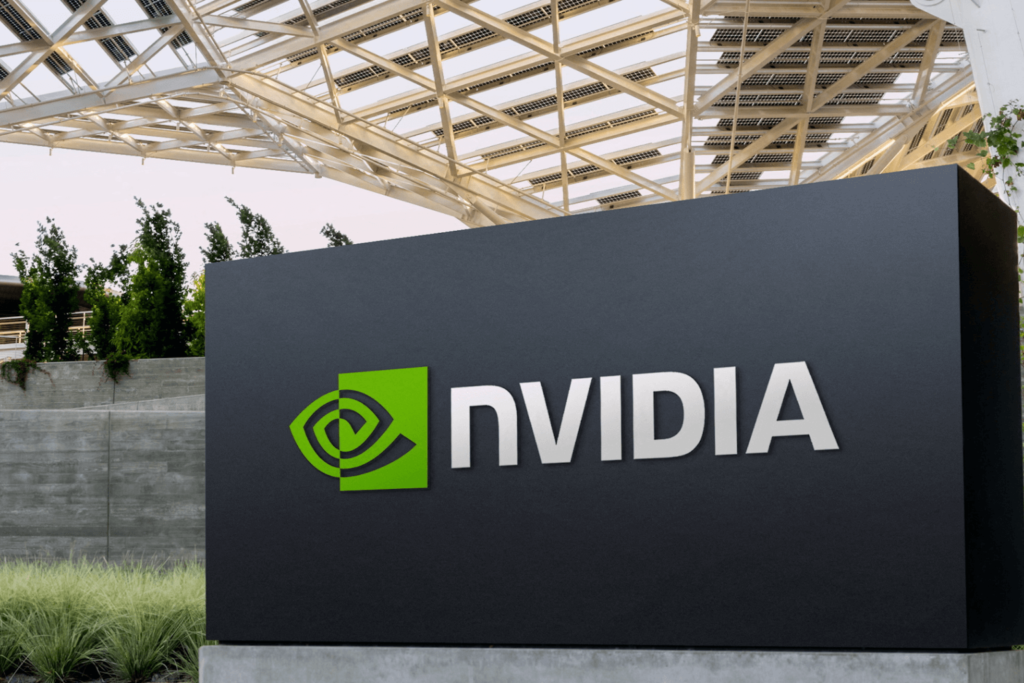Nvidia’s recent rise as a leading AI chipmaker has helped the tech sector’s stock market, but it has also made people wonder what the future holds for other AI companies.
Artificial intelligence chip giant Nvidia was the world’s biggest company for a few days, but its huge success has raised questions about whether other companies can get in on the AI gold rush.
Nvidia is the latest big tech company. It produces the processors required for training large language models in generative AI. The company’s rise in the stock market has benefited the entire sector.
Oracle, Broadcom, HP, and many other tech companies have seen their stock prices rise even though their earnings have been mixed at times, thanks in large part to Nvidia’s success. While the champagne is popping, Silicon Valley venture capitalists are telling startups to come up with new ideas, but they have no idea where the next chapter in AI will take us.
In generative AI, there are still questions about what companies that aren’t model makers will be able to do. The leaders in this field are OpenAI, Google, and Anthropic, which receive backing from Microsoft. Most people agree that going directly against them might not be a good idea.
According to Mike Myer, founder and CEO of tech company Quiq, there isn’t a fantastic time to start a foundational AI company right now. He said this at the collision technology conference in Toronto. Some people have tried to make apps that use or copy the big models’ features, but the biggest players in Silicon Valley have shut them down.
Vinod Khosla, a venture capitalist, said “What I find disturbing is that people are not differentiating between those applications that are roadkill for the models as they progress in their capabilities and those that are adding value and will be here 10 years from now”.
The stern-talking Khosla was one of the first people to invest in OpenAI. “Grammarly won’t keep up,” Khosla said about the app that checks spelling and grammar, as well as others like it. He asserted that these enterprises face extinction as they merely “encapsulate” the capabilities of AI models.
According to Khosla, chip design is a field that is ready to take over because AI needs more and more specialized processors that give it very specific powers.
Rachel Parsons, CTO at tech company Thoughtworks, said, “If you look at the history of chips, we’ve mostly focused on more general chips.”
Groq is a hot startup that has built chips for AI deployment instead of its training, or inference, which is what Nvidia’s world-dominating GPUs are best at. They saw an opportunity to provide more specialized processing for AI’s many needs and jumped on it.
Jonathan Ross, CEO of Groq, said that Nvidia won’t be the best at everything, even if they are the only company that can train generative AI.
“Nvidia and its CEO, Jensen Huang, are like Michael Jordan, the best basketball player of all time.” “But baseball is inference, and we try to forget the time Michael Jordan tried to play baseball but failed miserably,” he said.
Highly specialized AI will present another opportunity by providing knowledge and skills based on private data that avaricious big tech companies won’t steal.
Cohere: Building Trust in AI for Enterprises
“Google and Open AI aren’t going to make a structural engineer.” “It’s not going to be like a primary care doctor or a mental health therapist,” Khosla said. Cohere is another one of Silicon Valley’s hottest startups that sells custom models to businesses that are worried about AI getting out of hand. They make money by using very specific data.
Aidan Gomez, Cohere CEO, said, “Enterprises are skeptical of technology, and they’re risk-averse, and so we need to win their trust and prove to them that there’s a way to adopt this technology that’s reliable, trustworthy, and secure,”.
The important paper “Attention Is All You Need,” which Gomez co-wrote when he was 20 and working at Google, introduced Transformer, the architecture behind popular large language models like OpenAI’s GPT-4.
Nvidia and Salesforce Ventures have given money to the company, which is worth billions of dollars.

